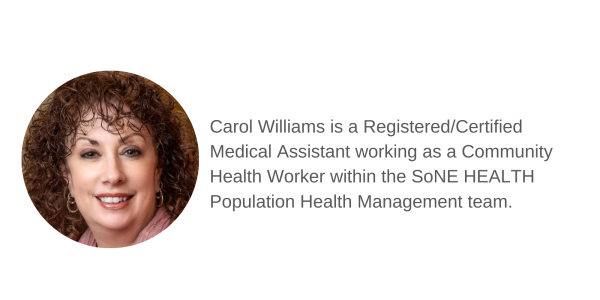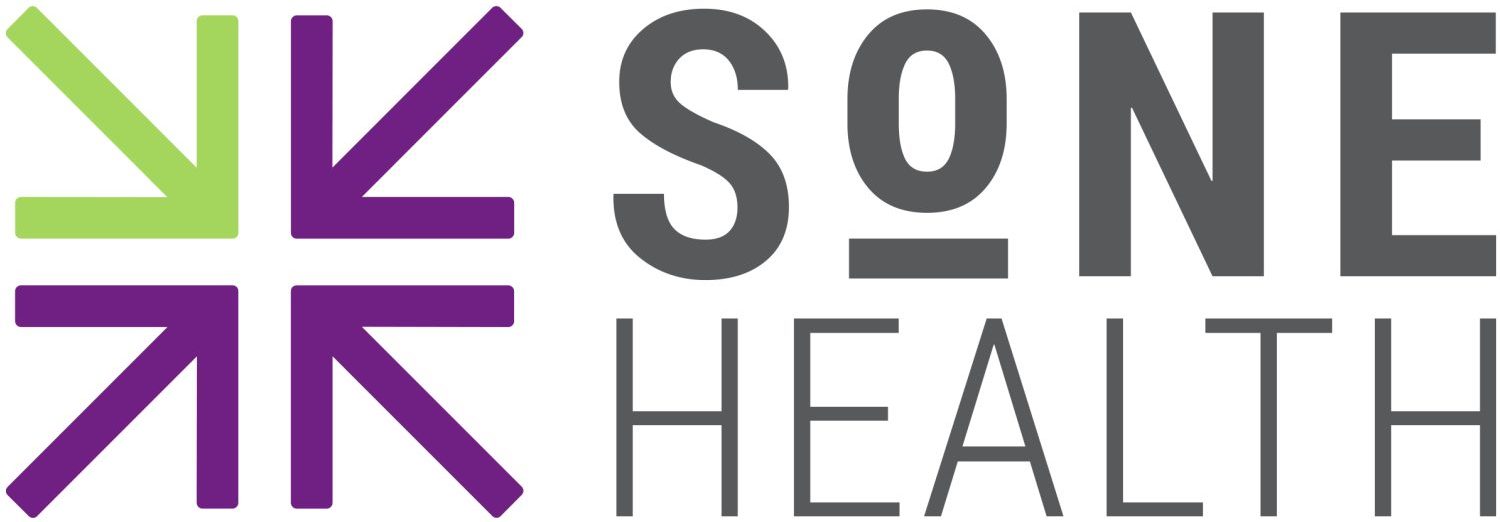By: Carol Williams, Community Health Worker at SoNE HEALTH
SoNE HEALTH Core Value: Empathy
“We approach our work with humanity and a concern for all individuals.”
Psychologists state that there are three different types of empathy: Cognitive Empathy, the ability to understand how a person feels and what they are thinking; Emotional Empathy to share the feelings of another, empathize with your pain in the heart, building emotional connections with others; and lastly, Compassionate Empathy moves us to take action to help.
As a young child I would explore my neighborhood for social interaction. This social interaction occurred with many of my older neighbors who I fondly remember “outreaching” which led me to a lifetime of work that not only required empathy but is ingrained in me. It is not a “job” but who this Community Health Worker is.
Working as part of the Population Health Management team, the Community Health Worker is one that reaches out to a patient to evaluate social determinants of health, community resources and an ear to listen. As a Community Health Worker, we reach patients “where they are at.”
I strive to have a connection with patients whenever possible realizing that my outreach to a patient may be the last contact from our SoNE HEALTH team and having a lasting impact on the patient.
The following two patient cases I have encountered show a few examples of how we use this core value of empathy to all patients in all circumstances.
The first case is an 80-year-old patient referred to me by a nursing colleague for assisting the patient with obtaining a Home Health Aide and transportation. The patient developed trust and confidence in my conversations after assessing their needs. The patient’s spouse was in a long-term care facility and was having to pay out of pocket over $4000 per month from their limited income which was an additional stressor to the patient’s own rehabilitation after hospitalization. The patient was also isolated, living in their home and lonesome at times. We developed a plan for the patient to have access to the local senior center to aid and engage in social activities with the help of the local senior van. I called to follow up with the patient regularly to see if the patient had an elder service program assessment and a generalized check for patients’ emotional health. During one of our calls, the patient had informed me the patient’s spouse had passed away. The patient had awaited a call from me to ask for information regarding an all-inclusive health plan that would better benefit the patient. I reviewed different options with the patient. We had developed a trusting relationship where the patient valued the service we provide and felt able to reach out to me with any questions or concerns in the future.
The second case is a 75-year-old patient initially contacted for assistance with transportation needs and who is still part of my regular outreach. The patient has found that through conversations with me, I can be counted on to assist and continues to reach out to me. The patient now uses the Dial-A-Ride transportation program attending all appointments. During one encounter, the patient contacted me regarding medical concerns. I was able to connect the patient with the PCP for assistance who was available right away to meet with the patient to assess further. The PCP had referred the patient to an Ear, Nose, Throat (ENT) specialist due to hoarseness. The patient requested assistance with getting an appointment scheduled soon of which I helped to coordinate. After seeing the ENT, the patient was diagnosed with Laryngeal Cancer and has 30 rounds of radiation to go through. During one of the treatments the patient called me just to talk. The patient called me from radiation treatment wanting to say hello and curious, “how come you have not called me?” The patient reported keeping my number as a “go to” after the rapport we developed. The patient and I have built a trusting relationship where when the patient calls, I am able to assist in any way, right away.
Through the three types of empathy, each patient I contacted has left an impression on me as it is a part of who I am and carries out into my daily life and community as well.


